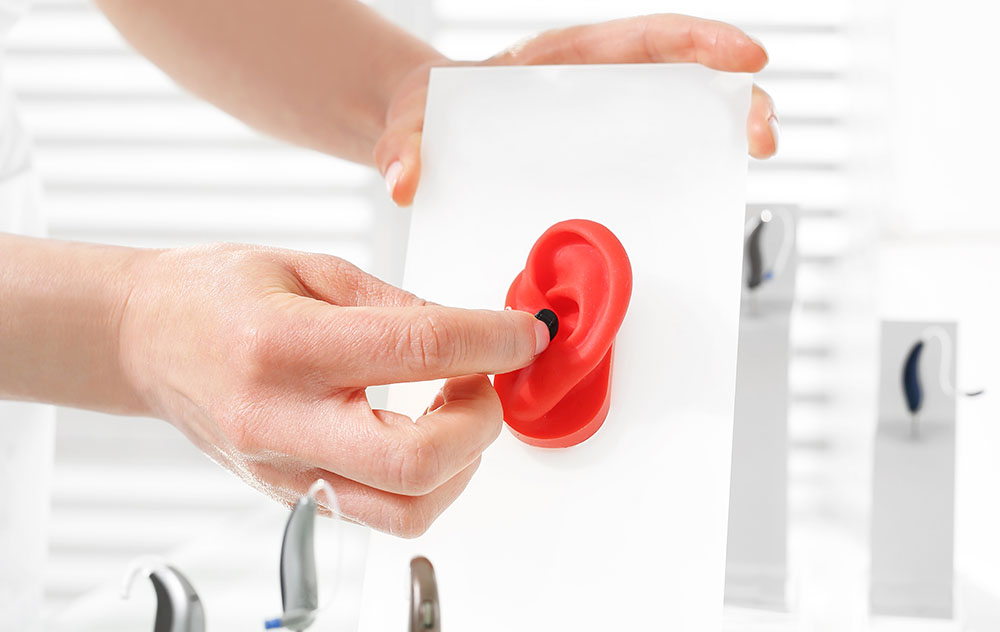Importance of Hearing Protection
Hearing is important. We use our hearing to listen to our loved ones speak
We are excited to announce we are opening an office in Grand Forks! Learn more HERE


Hearing is important. We use our hearing to listen to our loved ones speak